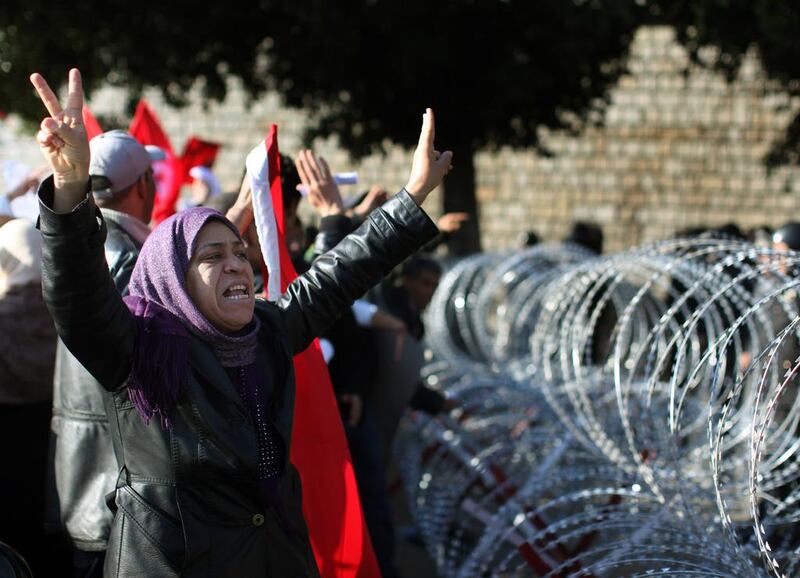We have less than eight weeks left of 2019 and there could still be so much that happens before the end of it that making any kind of predictions about what 2020 might hold seems foolhardy. This year has already shown remarkable and, at times, frightening developments, particular in the last few months. From attacks on Saudi Aramco facilities in September to the current wave of protests in Lebanon and Iraq, we have been building to a kind of crescendo as we head into 2020.
Perhaps, then, rather than looking towards the next 12 months, it is worth examining the past decade as a whole. The 2010s started almost as a footnote to the previous 10 years. We had thought then that the worst was behind us, from the war on terrorism to the global financial crisis. We began 2010 hoping that we had the answers to avert the excesses of globalisation and avoid the price for not living sustainably, not just in terms of the environment but philosophically. To be sustainable, we must avoid the thinking that we need to have more. Rather, we need to understand that we have enough.
In any case, the idea that we would not have to suffer the consequences of the 2000s was just wishful thinking and the past decade has instead been an exercise in building resilience.
Looking back, while the uprisings in Tunisia and elsewhere in the region felt momentous then, now we can see them as one phase in perhaps a longer period of transition in the Middle East and North Africa that will continue to be marked by sporadic and tumultuous upheavals. The conflict in Syria has ossified to the point that it is feeling like a permanent feature of the geopolitical landscape, rather than something that can be resolved.
And in this decade, we thought we had won the war on terror. The death of Al Qaeda leader Osama bin Laden in 2011 was supposed to be proof of that. Instead, we faced the horror of ISIS. Now no one is attempting to say that we have won anything with the death of Abu Bakr Al Baghdadi. In fact, we are ready and braced for the backlash.
The global economy splutters along. After suffering the financial shocks of 2009, it had felt like we had staved off Armageddon. In reality, we swapped a rapid crash of the current capitalist system for a long-drawn-out death spiral that we still hope to escape. There are those rubbing their hands with glee for the chance to rip up capitalism and start anew. They might have their chance soon enough. The beginning of this year was marked by the US-China trade war. It is still ongoing, even as a rapprochement is ever so close. The uncertainty around it ever materialising has become normal.
I write all of this not to depress you. Actually, given what we have dealt with, I am remarkably optimistic. For the past decade, we have been building our resilience. In previous decades, we might have allowed our excesses free rein but in the 2010s, we have not had such luxuries. Across all fields of life, we understand that we can take nothing for granted any more.
The biggest issues facing us as we head into a new decade are still so complex. Can we actually rally our efforts to help mitigate the impact of climate change? How can we accelerate the creation of job opportunities in the Middle East? What can be done to ensure that the threat of all kinds of extremism does not overwhelm us?
These might be massive challenges – but are they really new? Have we not been tackling them every single day without pause for several decades now? Should they continue to frighten us? Certainly not into paralysis or indecision. We must take them seriously but we also know that we have the strength, capability and ingenuity to meet them.
There will be new crises to come that we have not yet fathomed. There always are. This time though, as we head into the 2020s, I feel as if we are armed with a resilience that will help harness our most creative and innovative spirits to find our way through.
The next decade is likely to be just as difficult as the last but we have changed. We are better equipped and I hope wiser and less afraid than we were ten years ago. In that sense I can say with confidence, bring on 2020.





